A l'UM la science [S03-ep04]: Transmissible mussel cancer
This week, Erika Burioli from the Host-Pathogen-Environment Interactions Laboratory(IHPE) talks about the transmissible cancer affecting mussels. In the second half of the show, Maylis Labonne and Franck Ferraton take us on a tour of the Marbec laboratory's sclerochronology facility. Broadcast every Wednesday at 6pm on Divergence FM 93.9.
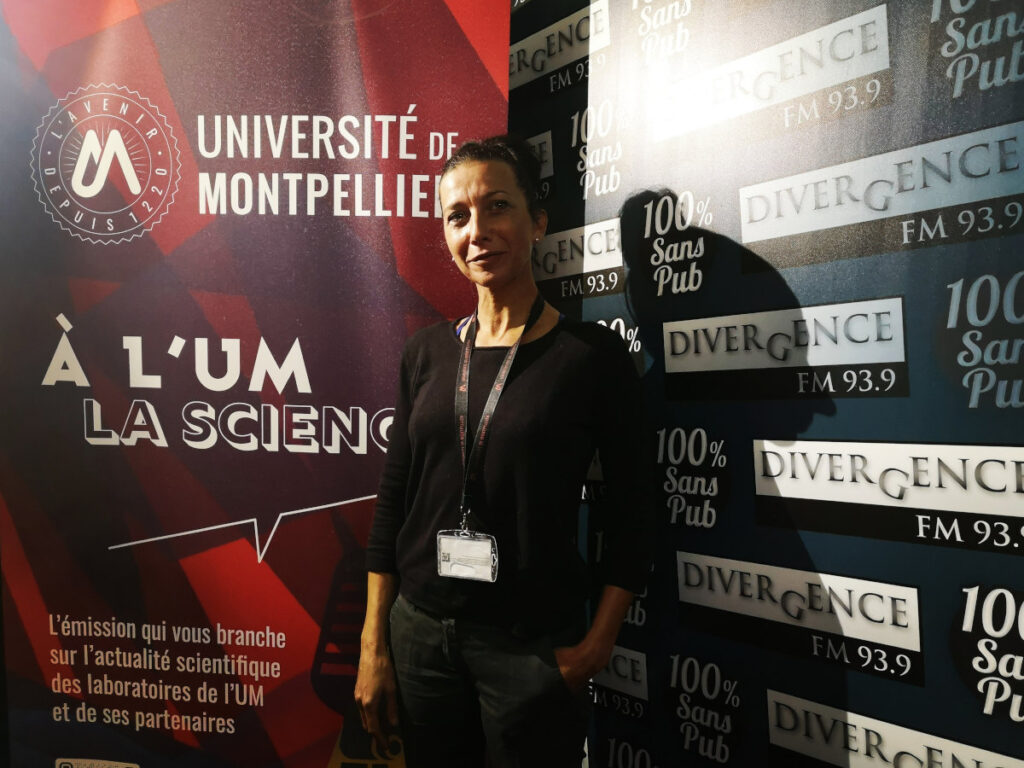
A few months ago, A l'UM la science devoted a program to oyster vaccination. This week, we return to the fascinating world of bivalves to discuss mussel cancer. I can see you smiling, but the subject could not be more serious: while all multi-cellular organisms are liable to develop cancer, bivalves have a slight peculiarity: some of their cancers are transmissible. This evolution of the cancerous process, also found in dogs and Tasmanian devils, is of great interest to research. Why is this? Because, contrary to popular belief, cancer is not a recent disease, having appeared thousands or even millions of years ago.
In her latest study, Erika Burioli and her team at the IHPE have provided the first transcriptomic profiling of a cancer that has the characteristic of being transmissible.
To find out more :
In the second half of the show, we take you on a tour of the Marbec laboratory's sclerochronology platform, in the company of Maylis Labonne and Franck Ferraton, who manage to make fish otoliths or shark vertebrae talk to determine their age or even retrace the paths they have taken. It's real detective work, which they share with us today...
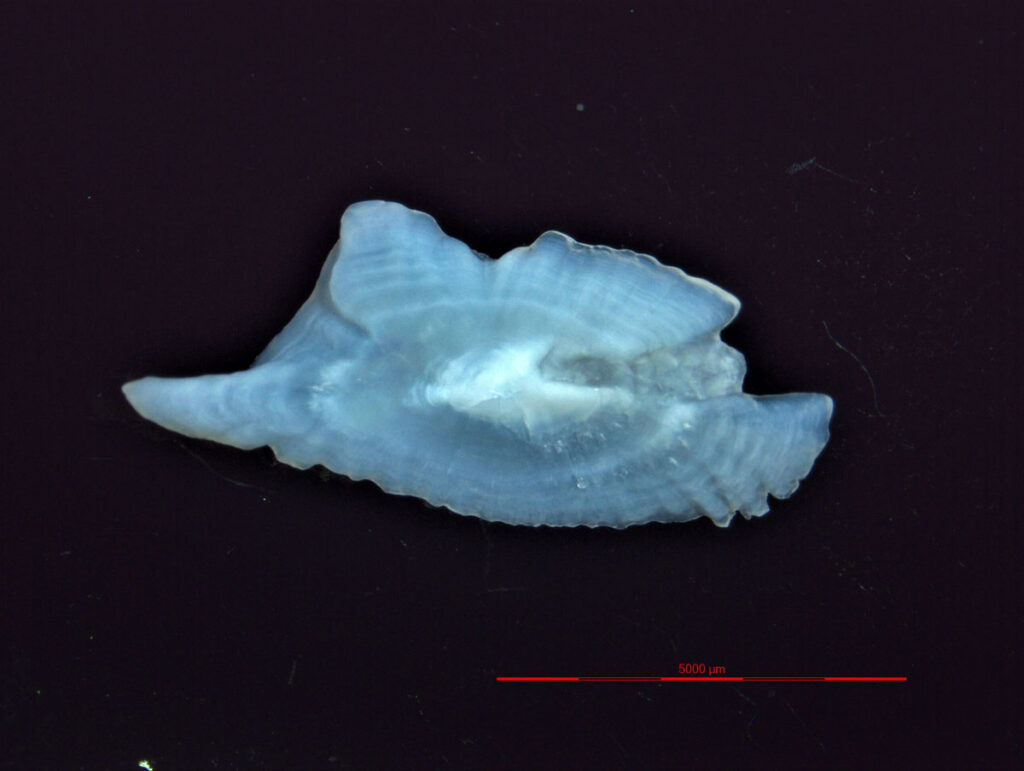
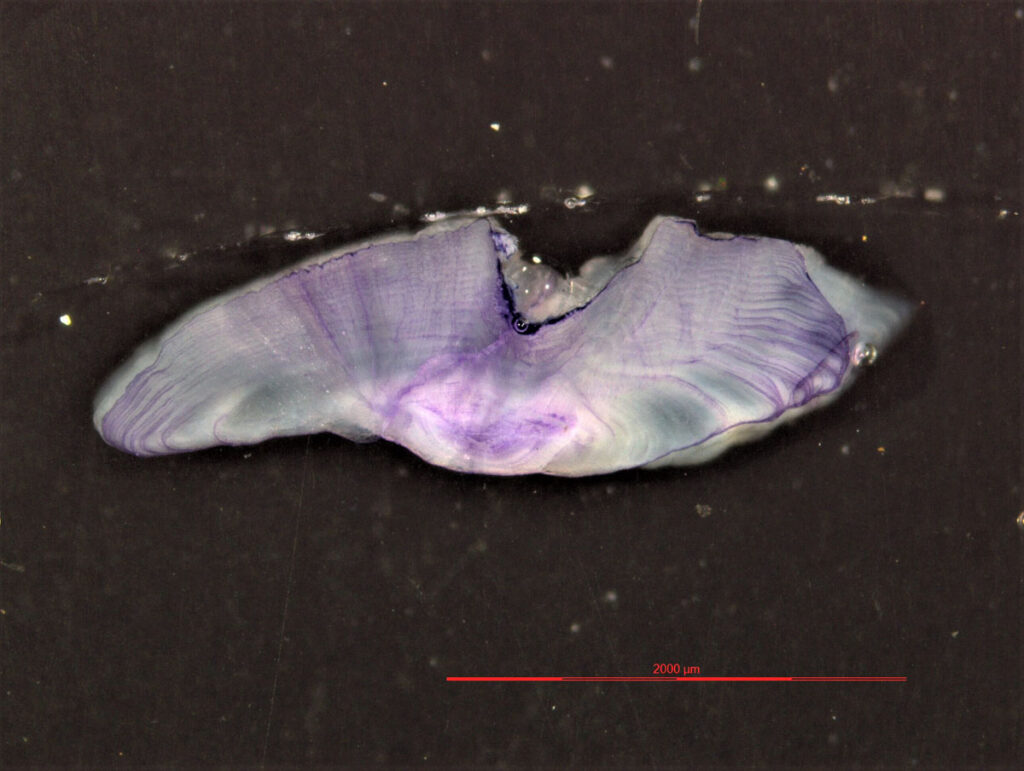
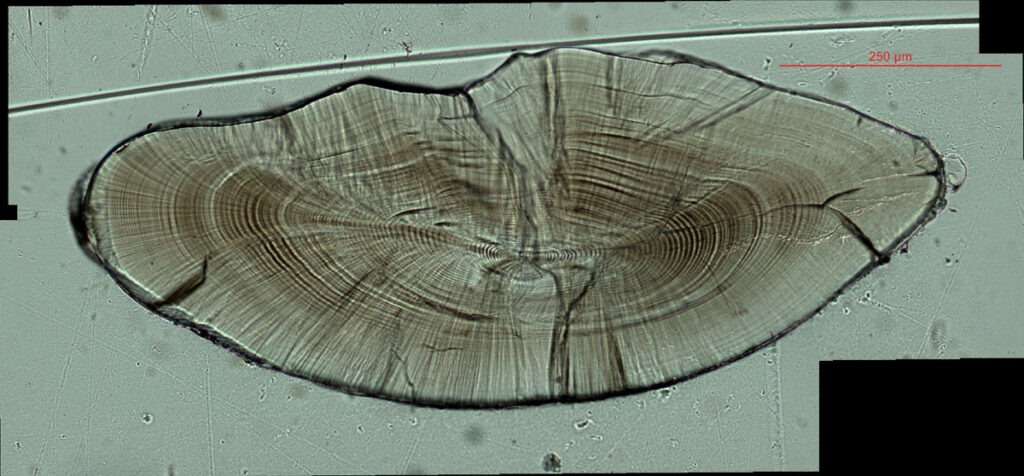
At UM la science you've got the program, here we go!
Coproduction: Divergence FM / Université de Montpellier
Animation: Lucie Lecherbonnier
Interviews : Aline Périault / Lucie Lecherbonnier
Reporting and editing: Aline Périault
Production : Tom Chevalier
Listen to the program "A l'UM la science" on Divergence FM 93.9
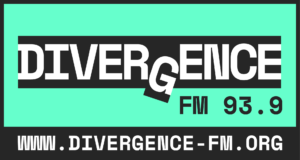
UM podcasts are now available on your favorite platforms (Spotify, Deezer, Apple podcasts, Amazon Music...).